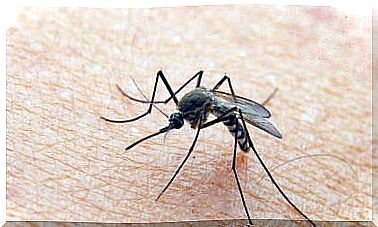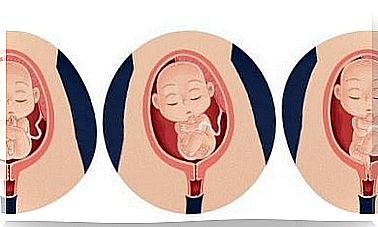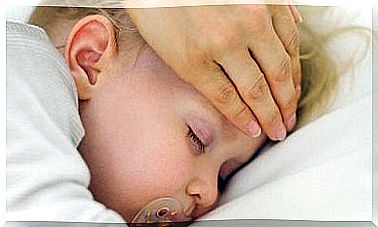Aphasia In Children: Everything You Need To Know
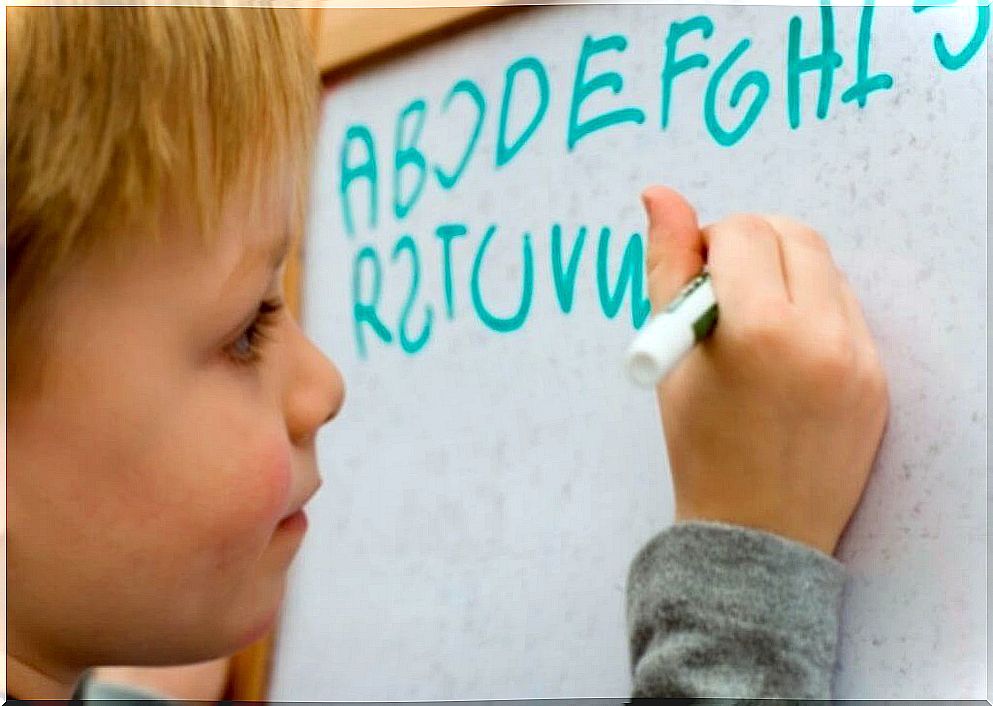
Aphasia in children is when speech and language development is abnormally low for the child’s age. It is common to confuse it with other conditions, such as autism, Aspergers and so on.
However, a thorough medical examination can distinguish aphasia from other diseases.
Clinical picture and types of aphasia in children
Expressive aphasia
Children with this type of aphasia understand spoken language. They have the full ability to understand and follow instructions according to their age.
But they have little or no ability to reproduce sound, and they can not use a professional language. This can also make it difficult to acquire writing skills. This type of aphasia is often caused by a brain injury.
It is very common for these children to communicate with their parents or other adults using signs and gestures. The fact that they have obstacles to talk can sometimes be mistaken for shyness or selective dumbness. This may come from previous experiences of frustration when they have tried to talk.
Receptive aphasia
Children with receptive aphasia can hear, imitate sounds and read. However, this is limited because their disability means that they cannot or have difficulty understanding what they are reading or hearing.
Anomic aphasia
In this form of aphasia, the child can understand words and how to form spoken sentences, but has extreme difficulty finding the right words to communicate properly. The child is also very inconsistent when he or she forms words and sentences.
Children with anomic aphasia have a limited vocabulary and use the wrong words and incorrect semantic construction. This means that their language is sometimes understandable, but sometimes completely incoherent.
Global aphasia
Global aphasia is the most severe type of aphasia. It is an acute variant of the condition and affects all communication and comprehension skills.
Children with global aphasia cannot understand spoken or written language, nor can they use spoken language. They can pronounce sounds, but they cannot pronounce or articulate words.
Causes of aphasia in children
The reason behind aphasia is that there is damage to the part of the brain that is responsible for language. The causes can be different, such as blows to the head, diseases caused by parasites, brain tumors, meningitis, epilepsy, etc.
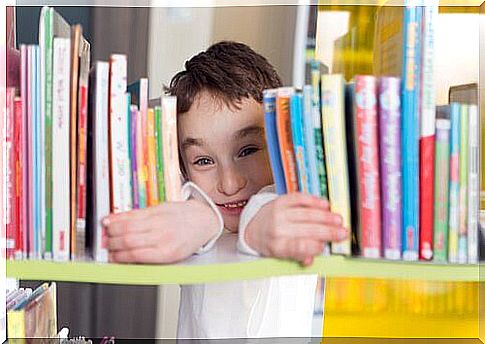
Treatment of aphasia in children
In some cases, the aphasia can be temporary and go away without the need for any treatment. In chronic or more acute conditions, treatment is started based on rehabilitation of language skills. You then benefit from the brain’s natural neuroplasticity.
Cognitive rehabilitation, where the child more specifically identifies and practices using the language, is included. You then practice identifying the differences between different sounds. You also do mouth and face exercises, sound exercises and practice distinguishing between gestures.
In the later phases of the rehabilitation, the activities are more of an educational nature. You then use drawings and text and practice semantics and theorems.
It is important to act quickly
It is important to see a doctor immediately when you suspect aphasia. Although it may be temporary, it risks generating problems with understanding and communication that will be difficult to treat. It can even become chronic.
The faster you treat aphasia in children, the faster and more effective recovery will be, through the rehabilitation of language skills.
It is also important to note that the treatment of aphasia in children is only a restoration of psycholinguistic abilities. The treatment is not based on drugs of any kind.
